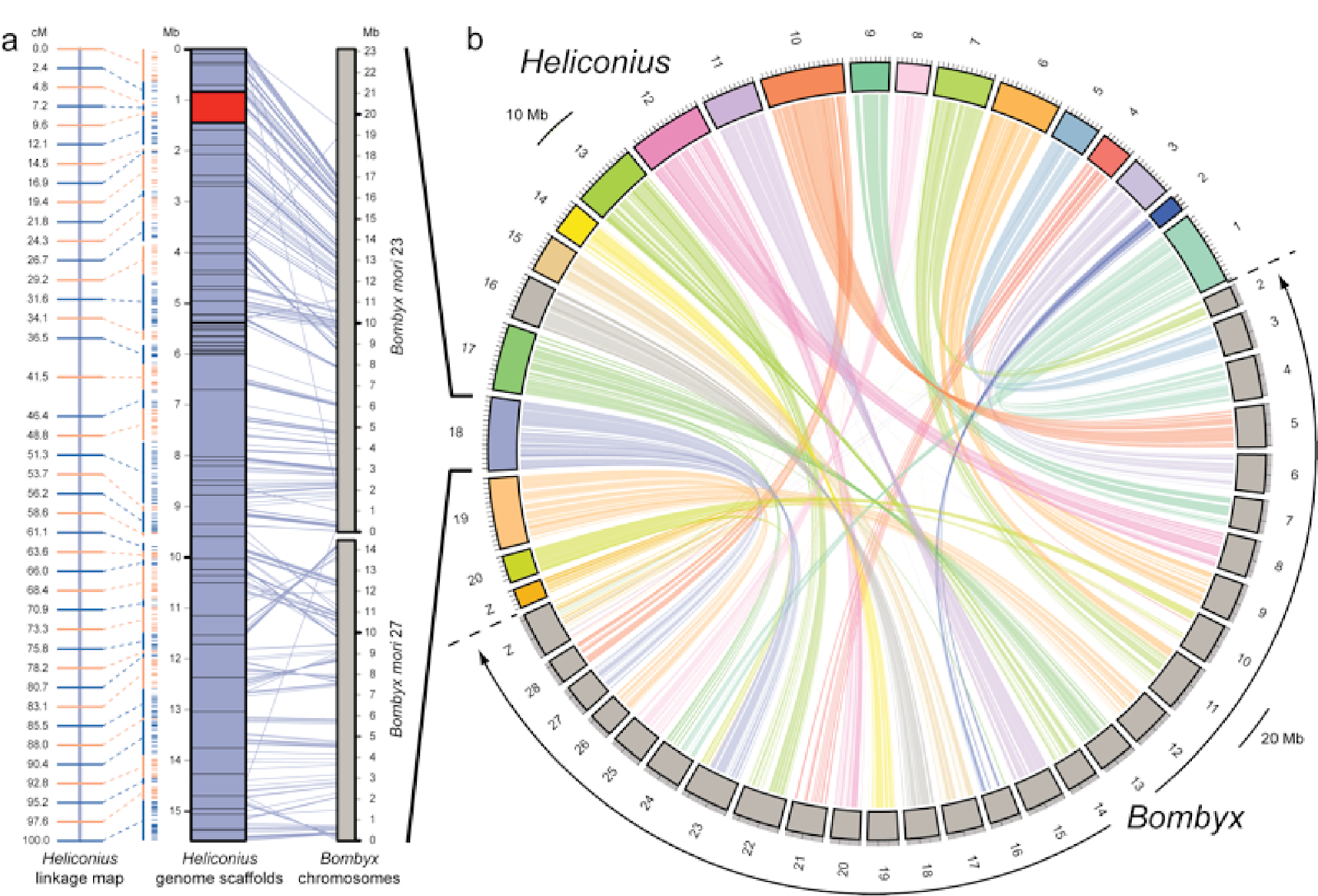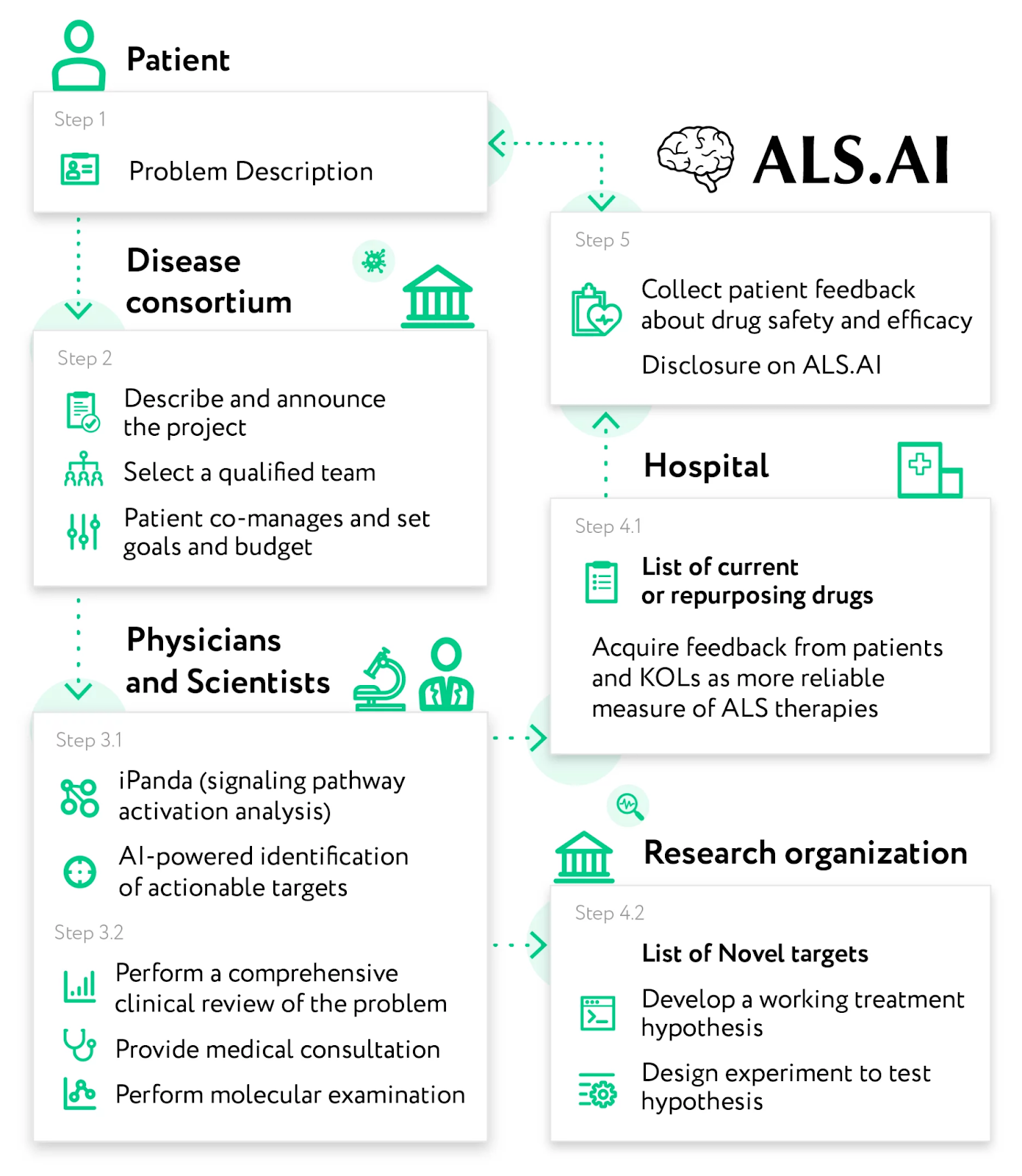Last Updated on 09/10/2023 by TheDigitalHacker
Healthcare and artificial intelligence (AI) have recently combined to create a revolutionary change. Beyond the realms of science fiction, the use of AI technologies has been seamlessly incorporated into the practice of modern medicine, enhancing patient care and elevating it to previously unheard-of levels.
In this thorough investigation, we delve into the most recent AI developments in healthcare, examining how they are transforming patient care and advancing scientific inquiry. The impact of AI is significant and wide-ranging, affecting everything from drug discovery and personalized medicine to diagnosis and treatment.
1. AI in Diagnostics: A Shift in the Healthcare Paradigm
Imaging and Radiology, powered by AI:
Diagnoses made possible by AI-driven diagnostic tools like Google’s DeepMind can be made from complex medical images like X-rays and MRIs. Aidoc, an AI radiology assistant, for instance, assists radiologists in real-time abnormality detection, greatly reducing diagnosis time and increasing accuracy.
Detecting diseases early:
The ability to analyze large datasets with AI algorithms makes it possible to identify diseases early. By helping pathologists identify cancerous tissues, for instance, PathAI uses machine learning to improve the accuracy of cancer diagnoses.
2. Artificial Intelligence in Treatment: Precision and Personalized Medicine
The development of pharmaceuticals:
By anticipating potential drug candidates and simulating their effects, AI speeds up the drug discovery process. For example, Atomwise uses AI to virtually screen chemical compounds, significantly cutting the time and expense associated with discovering new medicines.
Individualized Treatment Plans:
AI analyzes patient data to create personalized treatment plans. IBM Watson for Oncology examines a patient’s medical history and provides evidence-based treatment recommendations, resulting in more individualized and efficient cancer treatments.
3. Using AI to Improve Healthcare Operations: Efficient Process Streamlining
Chatbots and Virtual Health Assistants:
Artificial intelligence-powered chatbots can set up appointments, answer patient questions immediately, and even keep track of their health from a distance. Ada Health’s chatbot, for example, assists patients in evaluating their symptoms and provides insightful information before they consult a healthcare provider.
Analytics for the future:
Predictive analytics powered by AI for the healthcare industry enables the efficient allocation of resources. Hospitals such as Johns Hopkins use AI to accurately predict patient admission rates, allowing for the most efficient use of staff and resources.
4. Artificial Intelligence in Medical Research: Redefining Scientific Discovery
Genomic Analysis:
AI examines massive genomic datasets to identify genetic variations associated with diseases. Deep Genomics uses artificial intelligence to decode the genetic basis of diseases, resulting in targeted therapies and personalized treatment approaches.
Repurposing of Drugs:
AI sifts through existing drug databases, identifying potential candidates for new treatments. By analyzing existing drugs, BenevolentAI, for example, discovered a drug-repurposing opportunity for amyotrophic lateral sclerosis (ALS), opening up new research avenues.
Conclusion:- The AI-Powered Future of Healthcare
As artificial intelligence (AI) advances, its impact on healthcare becomes more profound. From diagnosing diseases more accurately and swiftly to revolutionizing drug discovery and enabling personalized medicine, the applications of AI in healthcare are vast and varied. Furthermore, integrating AI into healthcare operations streamlines processes, increasing overall efficiency.
As we move forward, it is critical to embrace the possibilities that AI presents while keeping ethical considerations and data security in mind. The collaboration between healthcare professionals and AI systems holds the key to unlocking a future where patient care is not just comprehensive but also incredibly precise.
Simply put, the combination of AI and healthcare ushers in a new era in which the boundaries of medical discovery and patient care are constantly pushed, promising a healthier and more technologically advanced future for all.
Read More:
- Hacker exploits a Microsoft MSHTML flaw to spy on targeted computers via malware
- Hacker exploits a Microsoft MSHTML flaw to spy on targeted computers via malware
- The Importance of Explainable AI (XAI) in Understanding Intelligent Systems
- What is ScrubCrypt Crypter? How 8220 Gang is using to Evade Detection?










